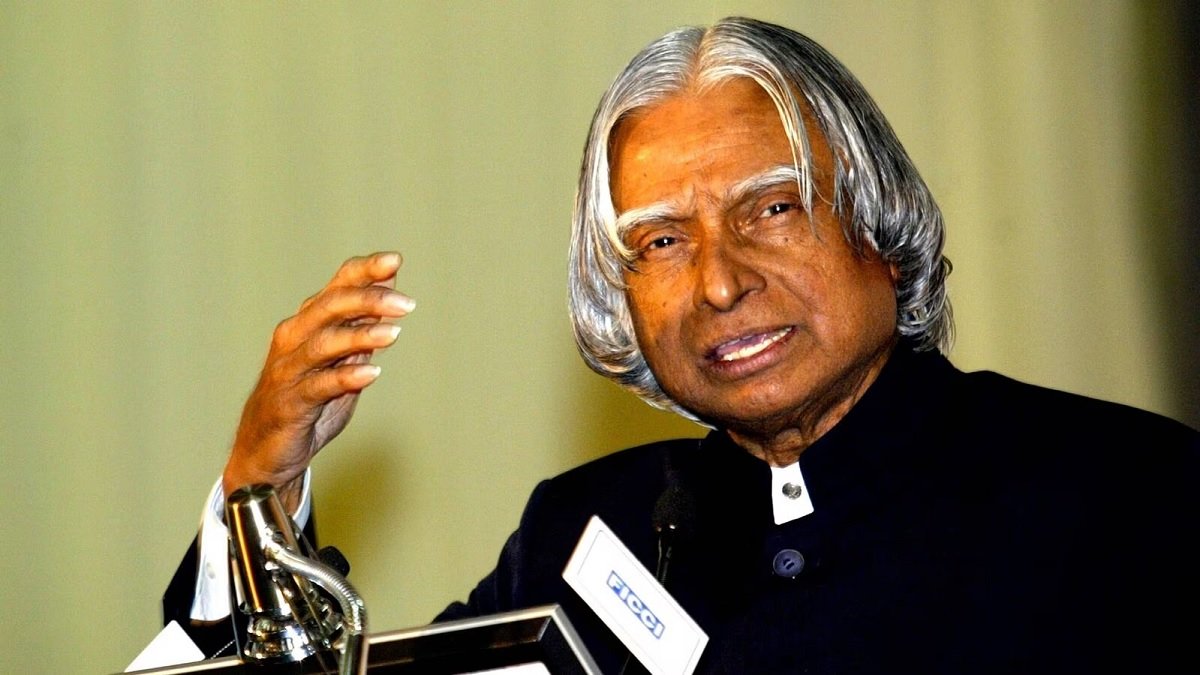One hundred years ago, the world lost a profound figure in the Bahá’í Faith: ‘Abdu’l-Bahá, the appointed successor of Bahá’u’lláh and the embodiment of His teachings and principles. This centenary offers a unique opportunity to explore the rich tapestry of ‘Abdu’l-Bahá’s life and teachings, which continue to resonate across the global community, sparking a transformation in individual and collective perspectives. The relevance of his insights can be observed in various spheres of human endeavor—spiritual, social, and scientific—illustrating a holistic approach to the myriad challenges faced by humanity.
‘Abdu’l-Bahá was born in 1844, during a tumultuous period in Persia’s history. As the son of Bahá’u’lláh, He was destined for prominence in the unfolding narrative of the Bahá’í Faith. His teachings emphasized the oneness of humanity, advocating for a universal perspective that transcended social, racial, and religious divisions. This radical notion, while profound in its implications, prompts a critical inquiry into our contemporary understanding of unity and shared purpose in an increasingly fragmented world.
The concept of the oneness of humanity, articulated by ‘Abdu’l-Bahá, is not merely an abstract ideal; it is a call to action. This principle invites individuals to engage in meaningful dialogues, fostering inclusivity within diverse communities. The implications of embracing this perspective extend to social justice, equality, and the reformation of societal structures that perpetuate division and conflict. In this respect, ‘Abdu’l-Bahá’s teachings challenge us to examine our own roles—the small yet significant actions we can take to cultivate an environment where all are valued and listened to.
Furthermore, ‘Abdu’l-Bahá championed the need for education as a means to achieve this vision of unity. He articulated that education is the foundation of a just society, empowering individuals to rise above ignorance and prejudice. In today’s landscape, where misinformation proliferates and critical thought often seems overshadowed by sensationalism, his emphasis on education as a transformative force prompts intriguing questions. What methods can be employed to enhance global educational quality? How can we innovate to ensure that education becomes a universal right rather than a privilege? These queries resonate with educators, policymakers, and advocates alike, compelling a collective reevaluation of our educational paradigms.
In addition, ‘Abdu’l-Bahá’s teachings on the harmony of science and religion serve as an insightful guide in navigating the often perceived dichotomy between empirical investigation and spiritual inquiry. He posited that both realms are manifestations of the same truth, each elucidating different aspects of human existence. In a contemporary context where scientific advancements rapidly unfold, leading to moral and ethical dilemmas, this principle advocates for an integrative approach. It challenges the binary thinking that often constrains our understanding of complex issues—whether it be biotechnology, artificial intelligence, or climate change—fostering a dialogue that respects both scientific rigor and spiritual wisdom.
The ethical foundations of ‘Abdu’l-Bahá’s teachings also resonate in current discussions surrounding global justice, environmental stewardship, and communal responsibility. His clarion call for service and selflessness stands as a beacon for humanitarian efforts, reminding us of our shared accountability towards each other and the planet. As humanity grapples with systemic inequities exacerbated by climate change and social stratification, the imperative to adopt a service-oriented perspective can herald a new epoch of collective action and mindfulness. How can individuals and communities operationalize these teachings to enact tangible change? What innovative frameworks might emerge from the synthesis of ‘Abdu’l-Bahá’s principles with modern social movements?
As we reflect on the legacy of ‘Abdu’l-Bahá, it becomes evident that his teachings are not relegated to the past but are a living testament to the potential for human progression. His emphasis on the adversities faced by women and the imperative for gender equality provides a roadmap for current advancements in the ongoing struggle for women’s rights. Access to education and leadership roles for all genders can be seen through the prism of ‘Abdu’l-Bahá’s insights, illuminating pathways to greater equity within various spheres.
Moreover, the centenary of ‘Abdu’l-Bahá’s passing serves as a poignant reminder of the illumination he brought to the subject of peace. His advocacy for international cooperation and the establishment of a global federation is not simply academic speculation; it possesses pragmatic implications for contemporary diplomacy. In a world riddled with conflicts and divisions, how can the principles articulated by ‘Abdu’l-Bahá be revitalized to foster reconciliation and peacekeeping endeavors? The answers lie in earnest engagement with his teachings, as communities work collectively to bridge divides and cultivate an ethos of understanding.
In conclusion, the teachings of ‘Abdu’l-Bahá are replete with insights that promise to shift perspectives and inspire curiosity. His legacy transcends temporal and spatial boundaries, inviting individuals to reflect deeply on their roles within the tapestry of humanity. This centenary is not just a commemoration but a clarion call—a moment to renew our commitment to the ideals of unity, education, and service, which lie at the heart of his teachings. As we strive to embody these principles in our daily lives, a transformation in global consciousness emerges, paving the way for a more interconnected, equitable, and enlightened world.
